1. What is Amazon Private Label?
Amazon Private Label is a business model wherein vendors design and sell their products wearing the Amazon name tag. Instead of selling another person’s manufacturer or brand, the sellers develop their label and sell something unique. It is popular because it allows the seller to control the quality of the products, branding, and margins.
Private labeling is an excellent way for entrepreneurs to create their brand with much lower initial setup costs. Through Amazon, the audience is global, and they offer tools like Fulfillment by Amazon (FBA) that make supplying logistics easier for small businesses to compete with bigger companies.
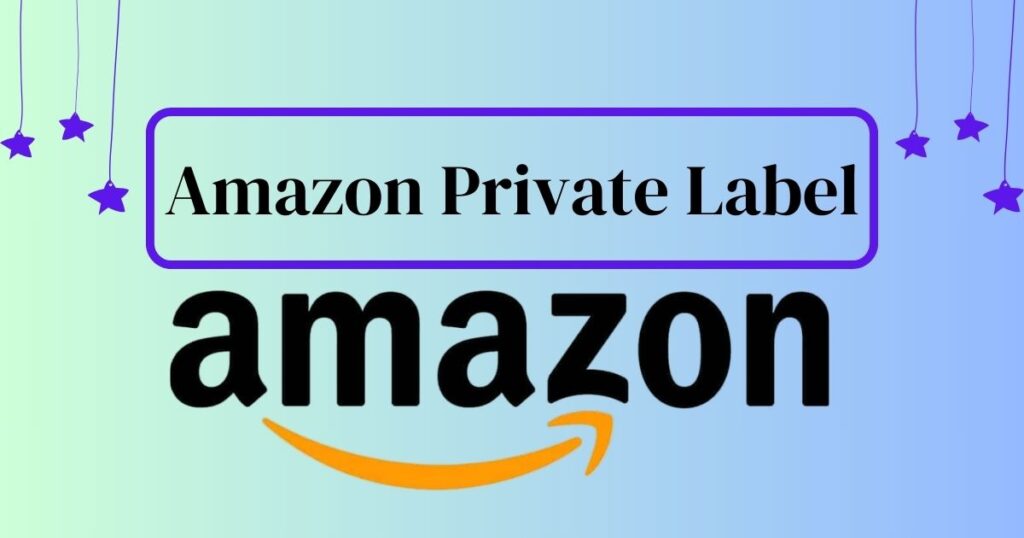
2. How Does Amazon Private Label Work?
The private label model of Amazon is as simple as choosing some generic product, putting your branding on it, and sell the product in your name. This is quite different from the traditional case of retailing where you sell other people’s brands. Sellers have the benefit of owning the brand, which means control over everything from the design of the products to the control of the experience of a customer.
The major features of the Amazon platform are the enormous customer base, easy sales tools, and strong logistics services. With proper strategies, a lucrative business could be developed.
3. Benefits of Selling Amazon Private Label
The benefits of selling private labels on Amazon are:
You have control over branding You will design your products, logos, and packaging according to your vision and identity.
Higher Profit Margins: You skip the middleman, hence all the extra profit goes straight into your pocket.
Less Competition: When it comes to high-demand products, the competition levels are extreme, yet with your private label you have a competitive advantage in niche markets.
These benefits make Amazon’s private labeling the best opportunity for any budding entrepreneur who wants to take a business to the next level.
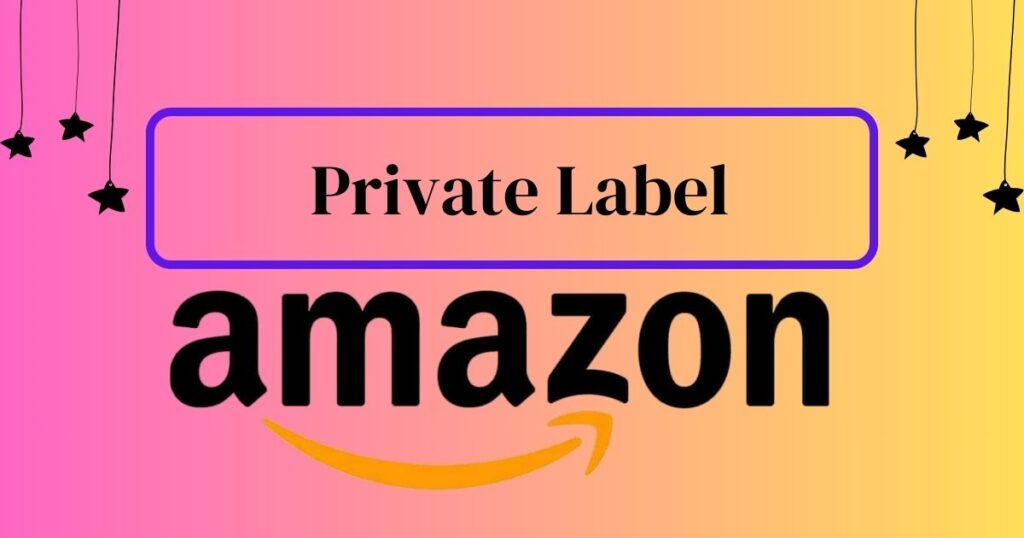
4. Selection of Profitable Products to Launch Private Label
A successful Amazon private label business is based on product research. The aim is to find a product in high demand, but competition should be at its minimum. Some of the effective strategies of product research are as follows:
Checking and analyzing the lists of best sellers on Amazon
Using tools like Jungle Scout or Helium 10 to search for low-competition, high-demand products
Analyzing customer reviews that reveal gaps in existing products
With proper research, you’ll identify an opportunity that may fulfill your target market’s needs for profit.
5. How to Source for Amazon Private Label
After settling on a winning product, sourcing happens to be the next step. You can source through either a manufacturer or a wholesaler. Most sellers work with overseas manufacturers, mainly in China, as it tends to be cheaper in production. In any case, it is also possible to source within the country whereby shipping is faster and quality control can easily be monitored.
The right supplier should be chosen. The three critical parameters identified here are price, production capability, and communication. Some of the popular platforms for finding a reliable supplier for a business are Alibaba and Global Sources.
6. Building Your Brand and Packaging
Branding is the key to a successful private label. A great brand sets you apart and gives you loyalty in your customers. This includes a not-so-easy-to-forget logo, high-end images, and your brand’s consistent tone.
Packaging is very important, too. Making the packaging fit your brand identity will create a professional look for your product and enhance the experience of the customer. Also, beautiful designs in packaging may avoid damage during shipping.
7. FBA for Private Label Sellers
Fulfillment by Amazon FBA is Amazon’s service for selling and storing, packaging, and shipping to consumers. This is a huge advantage to private label sellers as this will expedite all logistics, allowing you to focus more on how to grow your business. FBA also takes care of customer service, meaning less headache for you.
Using FBA for your private label will make it faster for your shipping to reach your customers, increase the satisfaction rate of your customers, and consequently increase sales for you.
8. Creating an Amazon Seller Account
Before you start selling, you need to create an Amazon seller account. You find two types of accounts:
Individual: It is ideal for those who are new to the business. There is a low monthly fee, but a very small fee is charged for each sale.
Professional: Suitable for businesses with a lot to sell. It has more tools and features.
The sign-up process is easy, but ensure you take all the documents to receive approval quickly.
9. Private Label Product Listing
To attract customers, a good product listing is quite essential. This includes:
Title: Use appropriate keywords for your product so that a customer can find your product in search results.
High-quality images: Show your product from all angles, including lifestyle photos.
Bullet points Strong highlight of the key features and benefits.
Optimizing your product listing with relevant keywords improves the visibility of your product on Amazon’s search engine.
10. Pricing Strategy for Amazon Private Label
Competitive pricing is imperative to success. To do this, you should do a competitive analysis to see how other sellers are pricing similar products. You need to be balanced in how affordable it is and also profitable.
Some of the pricing strategies are as follows:
Cost-plus pricing: Add a percentage to your cost of production to fix your price
Penetration pricing: Start by offering your product at a low price, and then increase the price to enjoy some market share
The proper pricing strategy may influence your sales and profit margin highly.
11. Marketing and Promoting Your Private Label
Marketing is a good source of traffic to your listings. Effective techniques include:
Amazon PPC ads: You can place bids for keywords so that your product is on top of the search results.
Social media marketing: Use these channels like Instagram and Facebook to showcase your products and engage with your target markets.
Consistent marketing efforts make your product more visible and can enhance sales.
12. Inventory and Logistics Management
Good inventory management prevents stockouts and overstocking. Make use of tools to track stock levels and predict demand.
And make sure you have an effective logistics system. If you are using FBA, Amazon will take care of most of your logistics. However, if you are taking care of fulfilling orders for yourself, be sure that you have a good shipping system set up.
13. Customer Feedback and Reviews Management
Customer reviews are vital to the establishment of trust and credibility to your business on Amazon. Positive reviews generally push the rank of your product and attract more buyers.
Encourage happy customers to review and respond to negative feedback promptly to solve the problem while keeping your brand image clean.
14. Scaling Your Amazon Private Label Business
After you gain traction on the first product, expand your product portfolio or venture into new markets. You can also sell internationally because Amazon has opened the doors to selling to customers worldwide.
Scaling requires careful planning and investment, but it is the next step in creating a sustainable and profitable business.
15. Common Issues with Amazon Private Label
Like every business, Amazon private label comes with common issues. Here are a few:
Counterfeits: Safeguard your brand by registering in the Amazon Brand Registry.
Competition: As your product becomes more popular, you will face increased competition, which can translate into a price war.
These issues will help you stay on the success pathway in the long run by addressing them proactively.
Frequently Asked Questions
What is Amazon private label business?
The Amazon private label business involves manufacturing and selling different kinds of products under your brand name on the Amazon platform.
How much does an Amazon private label cost to start?
As for the cost, it differs very highly for every business, but generally, falls somewhere between $2,000 and $5,000 according to the choice of product and the options available for sourcing.
Is Amazon private labeling profitable?
Yes, it is often the case that private label sellers attain extremely high profit margins because they can control the price and the brand of the products.
Where do I go to find manufacturers to private label?
There are many places you could search for manufacturers, especially in China, including Alibaba and Global Sources.
How is Amazon FBA helpful for a private label seller?
Amazon FBA will store and ship the product and handle customer service. This leaves one free to scale the business.
What are the greatest challenges of private labeling?
Common challenges are competition, price war, and counterfeiting.

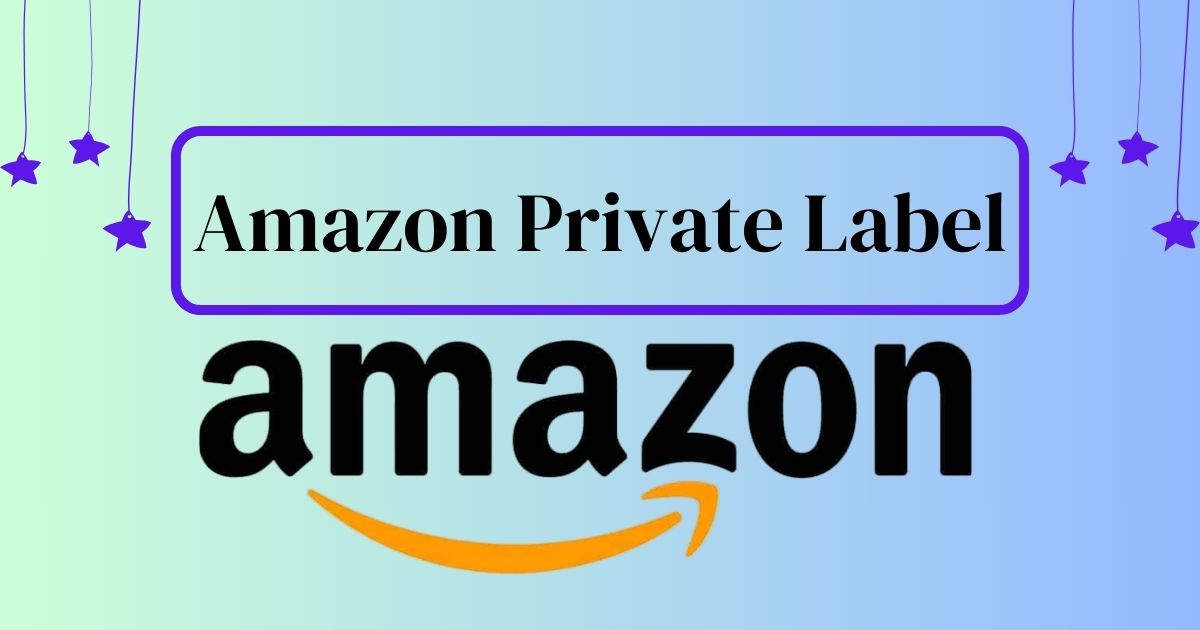
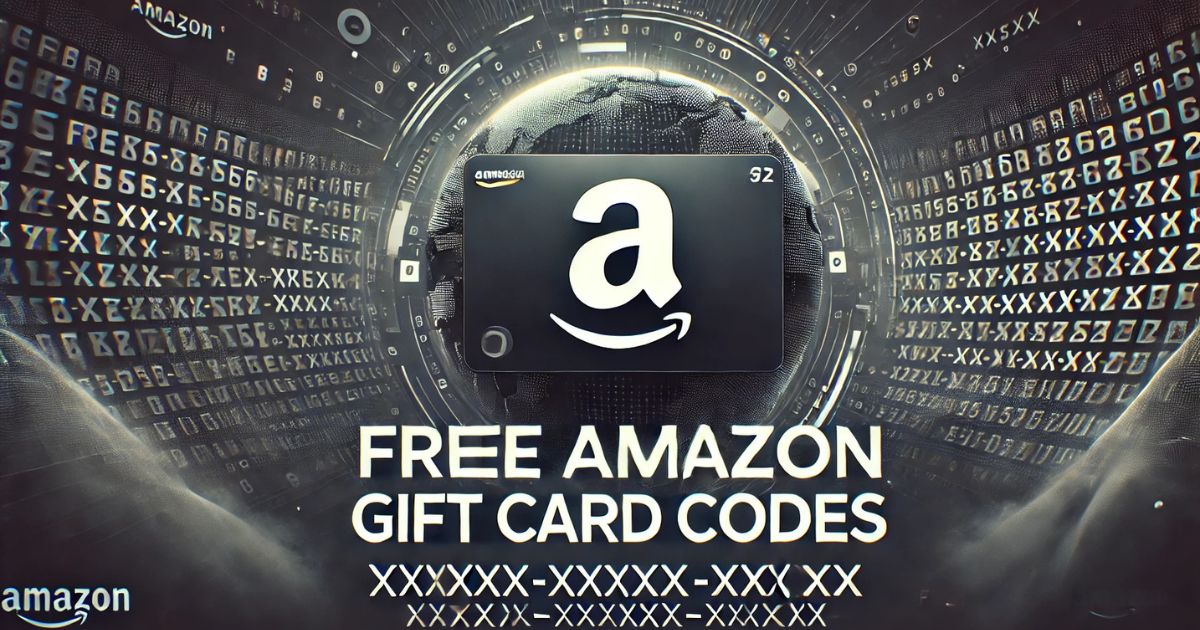
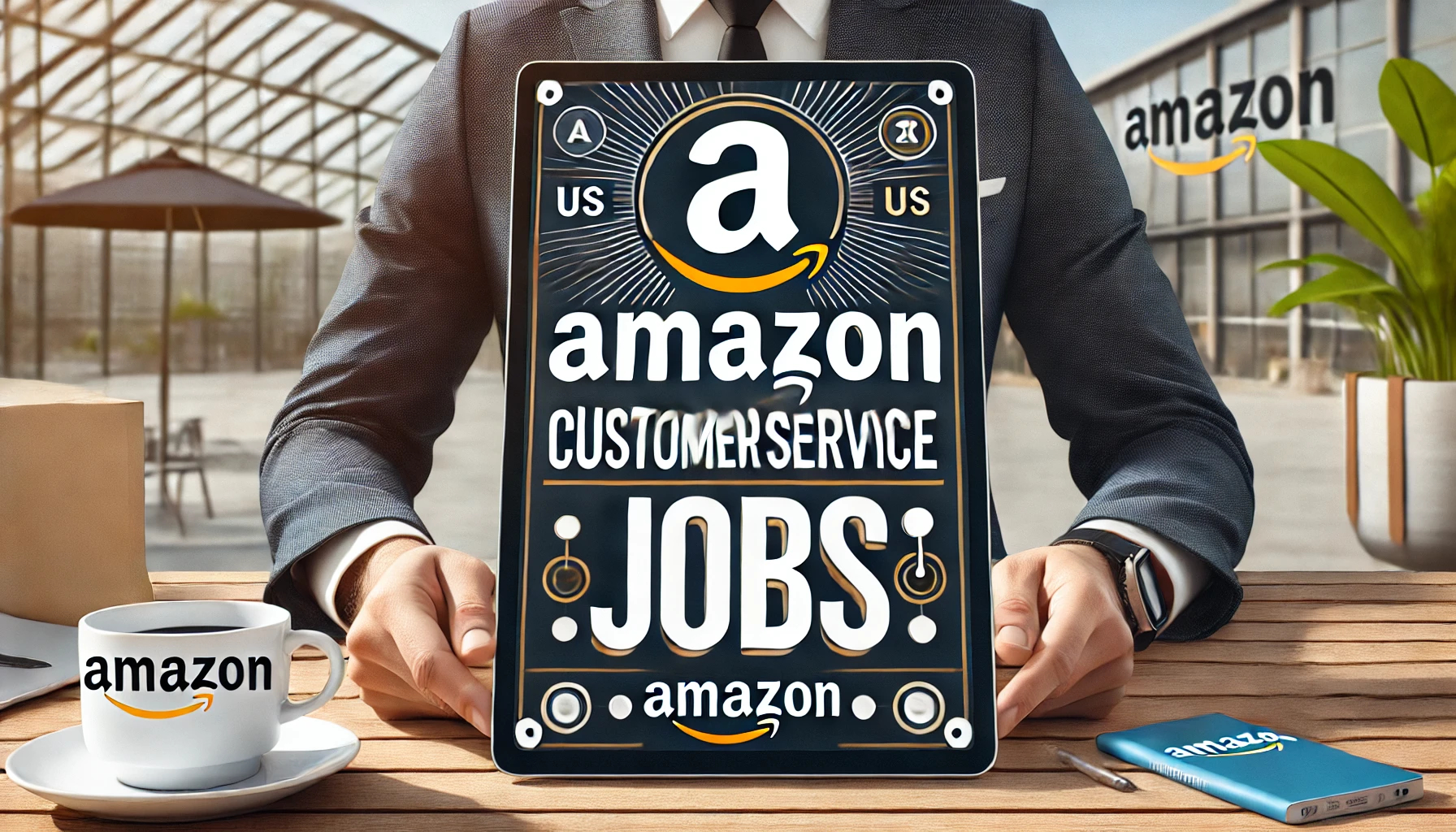
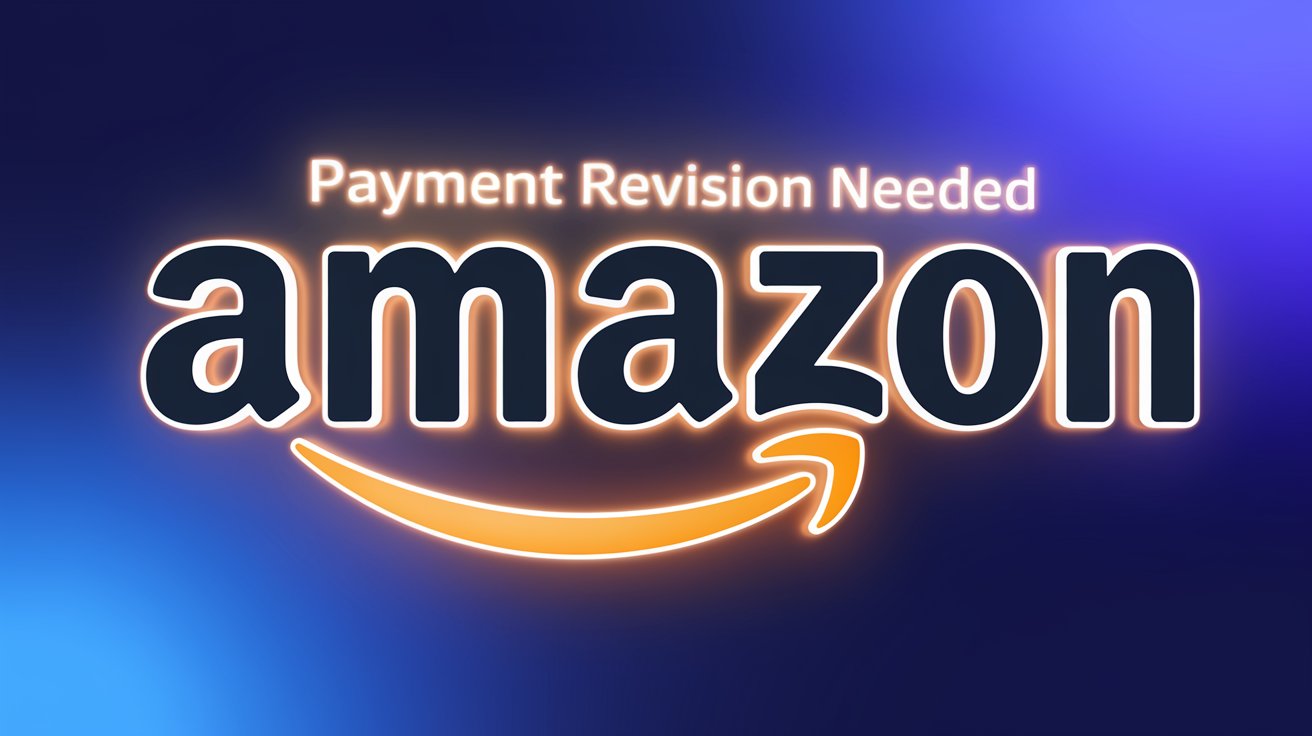
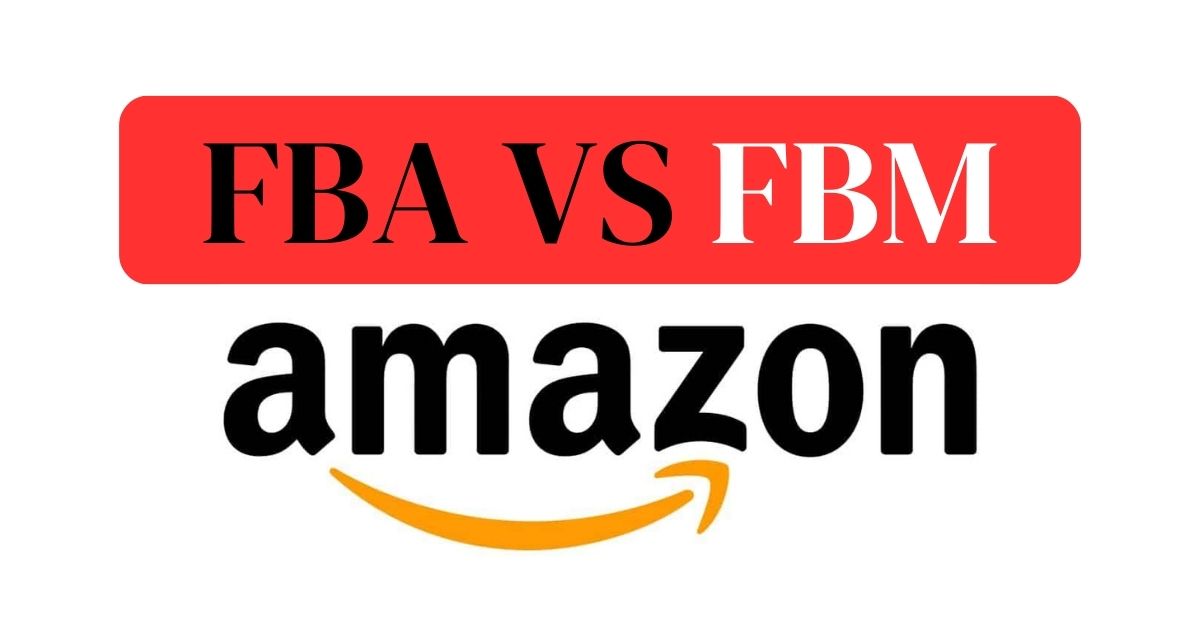
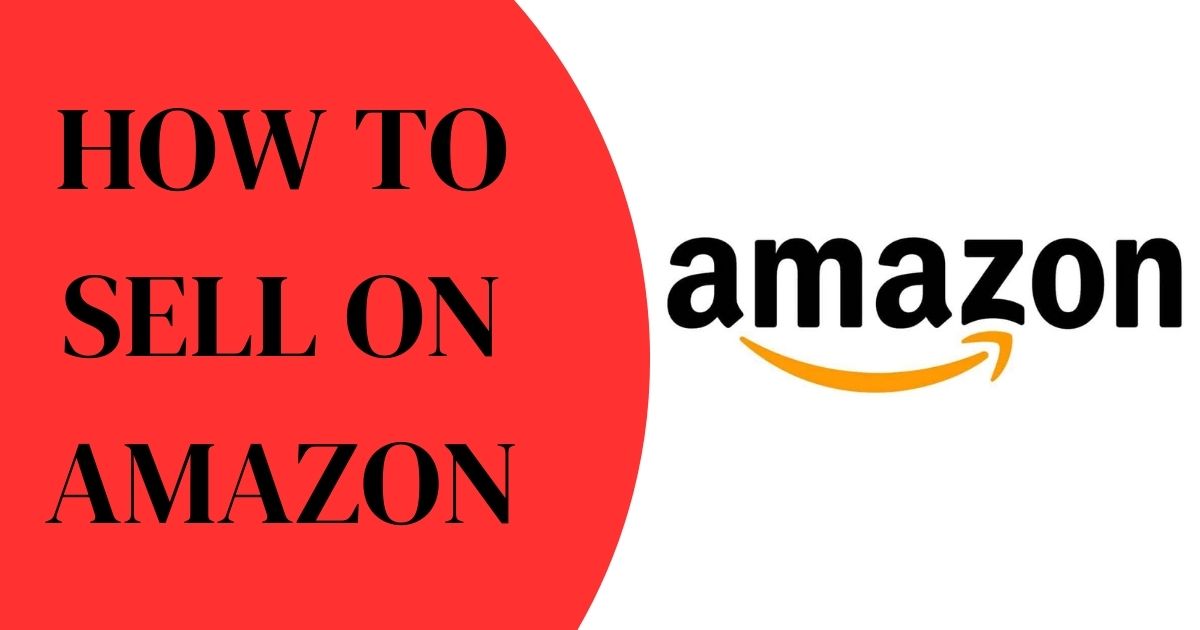

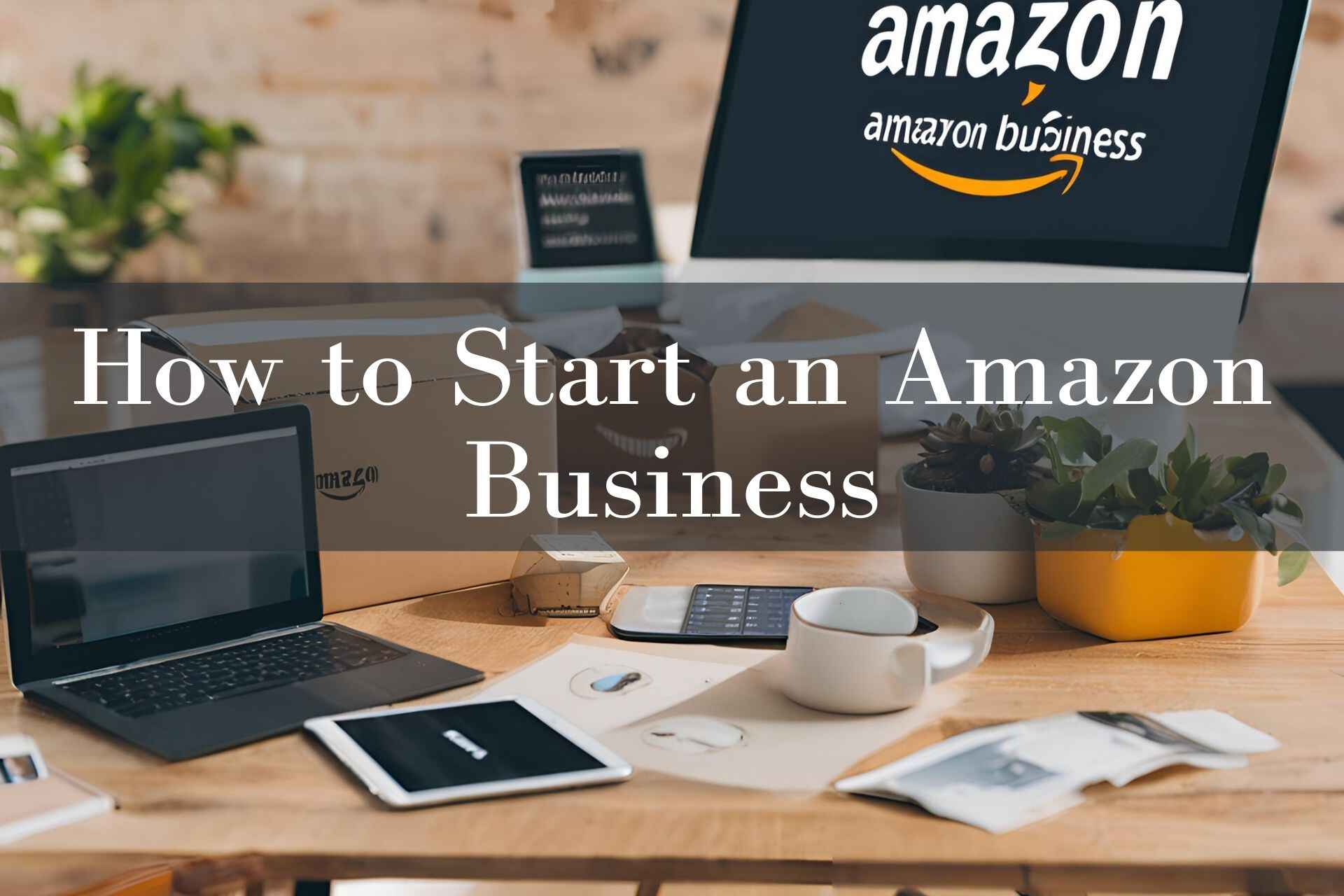






Leave a Reply